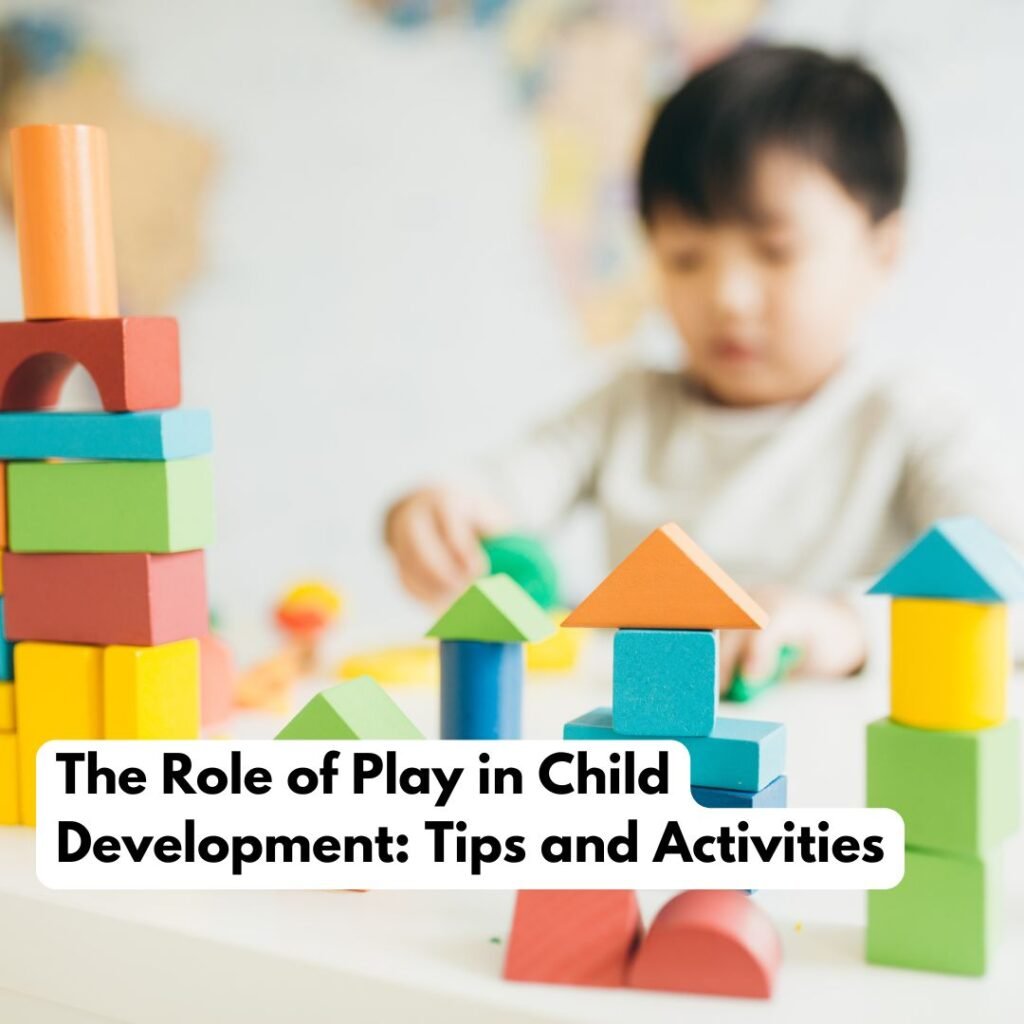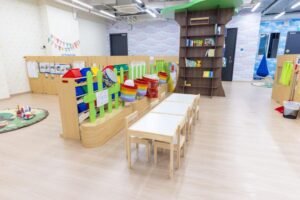Play is often seen as a simple pastime for children, but its significance goes far beyond mere entertainment. It is a vital component of child development, contributing to physical, cognitive, emotional, and social growth. Understanding the importance of play can help parents and caregivers provide enriching experiences that foster learning and development. In this blog, we’ll explore the various roles of play in child development and provide tips and activities to encourage playful learning.
The Importance of Play in Child Development
1. Physical Development
Play encourages physical activity, which is essential for developing gross and fine motor skills. Activities like running, jumping, climbing, and throwing help children build strength, coordination, and balance. Fine motor skills, such as grasping and manipulating objects, are developed through activities like drawing, building with blocks, or playing with small toys.
2. Cognitive Development
Through play, children explore their environment, experiment with new ideas, and solve problems. Engaging in imaginative play enhances creativity and helps with critical thinking skills. When children play games that involve rules, they learn to strategize, plan, and understand cause and effect.
3. Emotional Development
Play provides children with a safe space to express their feelings and cope with emotions. It allows them to explore different roles and scenarios, helping them process experiences and develop empathy. Activities that encourage sharing and cooperation also foster emotional regulation and resilience.
4. Social Development
Playing with peers teaches children essential social skills such as communication, teamwork, and conflict resolution. Cooperative play encourages children to work together, share, and negotiate, laying the foundation for healthy relationships and social interaction.
Tips to Encourage Play
1. Create a Safe Environment
Ensure that your child has a safe and stimulating environment where they can explore freely. Use soft mats, safe toys, and age-appropriate equipment to promote active play without risk of injury.
2. Limit Screen Time
While technology can offer educational opportunities, it’s essential to limit screen time to encourage more physical and imaginative play. Aim for a balance that prioritizes hands-on, interactive experiences.
3. Encourage Unstructured Play
Allow your child to engage in unstructured play, where they can decide what to do and how to play. This fosters creativity and independent thinking, allowing them to explore their interests.
4. Participate in Play
Join your child in their play activities. Whether it’s building blocks, playing pretend, or engaging in outdoor sports, your involvement can enhance their enjoyment and learning experience.
Fun Activities to Promote Play
1. Sensory Play
Create sensory bins filled with rice, beans, sand, or water. Add scoops, cups, and small toys to encourage exploration through touch and movement.
2. Outdoor Adventures
Take your child outside for nature walks, scavenger hunts, or simple games like tag. Outdoor play allows for physical activity and exploration of the natural world.
3. Role-Playing Games
Encourage imaginative play by providing costumes and props. Role-playing different scenarios, such as grocery shopping or playing doctor, can stimulate creativity and social skills.
4. Arts and Crafts
Set up an arts and crafts station with various materials like paper, paint, markers, and clay. Creative expression through art promotes fine motor skills and self-expression.
5. Group Games
Organize group games like Simon Says, Duck-Duck-Goose, or Red Light, Green Light. These games encourage social interaction and cooperation while being fun and engaging.
Conclusion
Play is a crucial aspect of child development, enriching every area of growth from physical fitness to emotional resilience. By understanding the role of play and incorporating diverse activities, parents and caregivers can create a supportive environment that nurtures their child’s development. Whether through imaginative play, outdoor adventures, or cooperative games, fostering play can significantly impact a child’s overall well-being and success.
If you’d like to learn more about child development or discover ways to support your child’s growth through play, contact KidsFirst today!









































